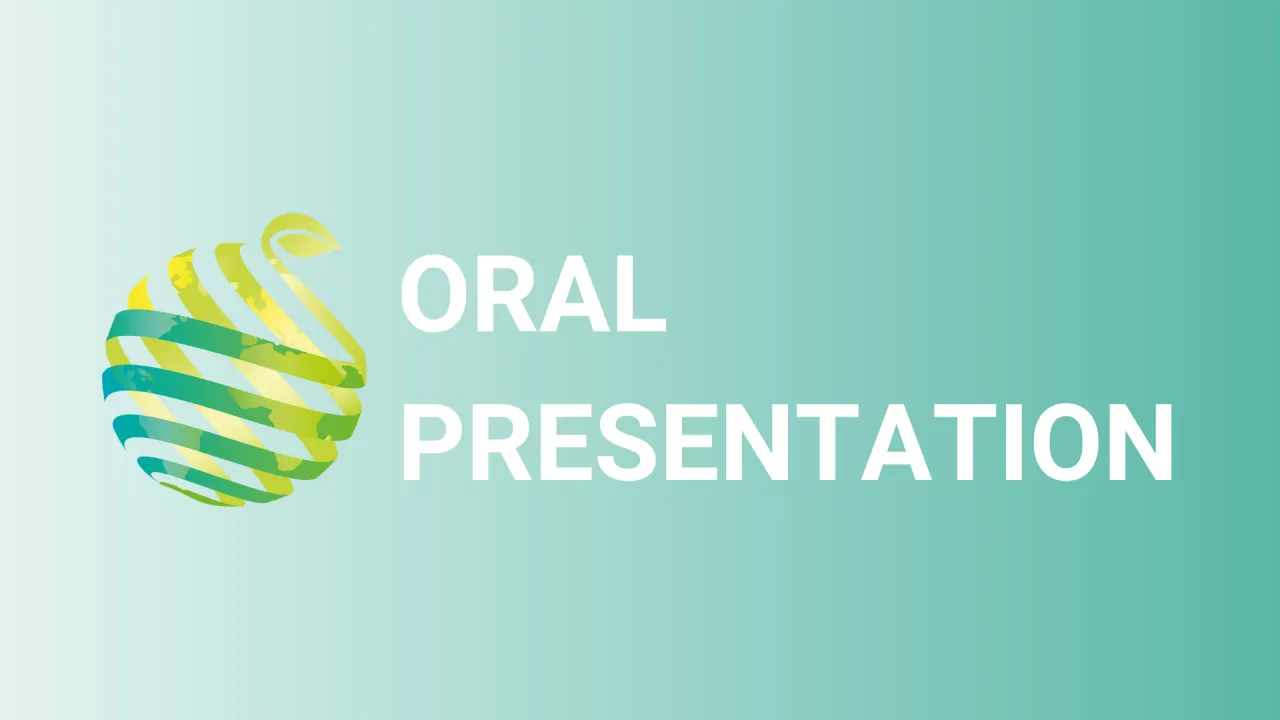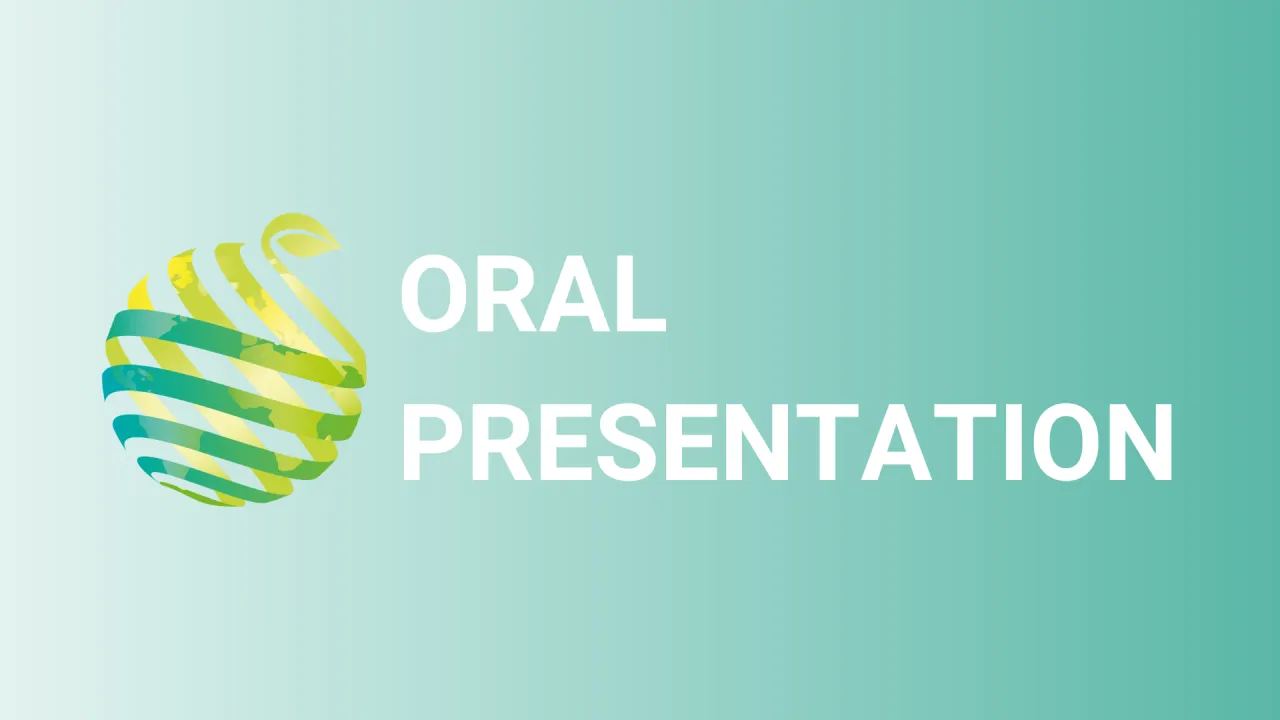

S23 - Session O4 - Towards smarter storage of table grapes by accounting for the initial quality and the conditions during storage
Information
Authors: Amnon Lichter *, Abiola Owoyemi, Or Lapidot, Bettina Kochanek, Ron Porat, Yotam Givati, Matan Lindenbaum, Yael Salzer, Noam Koenigstein
The optimal conditions and duration of storage of fresh produce has been the subject of ongoing effort for many decades. In practice, variable fruit quality at harvest and deviation from the optimal temperature can cause substantial losses. It is therefore of interest to use computational tools to account for the reduction of quality considering both the initial quality and the time-temperature variables. Supervised machine learning models require large data sets. To that end, 2204 clusters of grapes were scored for quality features at harvest, packed in standard commercial format and examined every 3 weeks during 3 month of cold storage. Grapes could be effectively stored free of decay for 3 weeks at 6°C, 6 weeks at 3°C and 9 weeks at 0°C. The level of decay at harvest in 9 vineyards correlated with the level of decay after 9 weeks of storage suggesting that this is an important predictor of storage quality. The acquired data will be used to train a supervised machine learning model for predicting grapes' subjective and objective quality parameters. The model is expected take into account the initial quality as well as deviations from the optimal storage conditions, which would lay the grounds for smarter storage of table grapes.